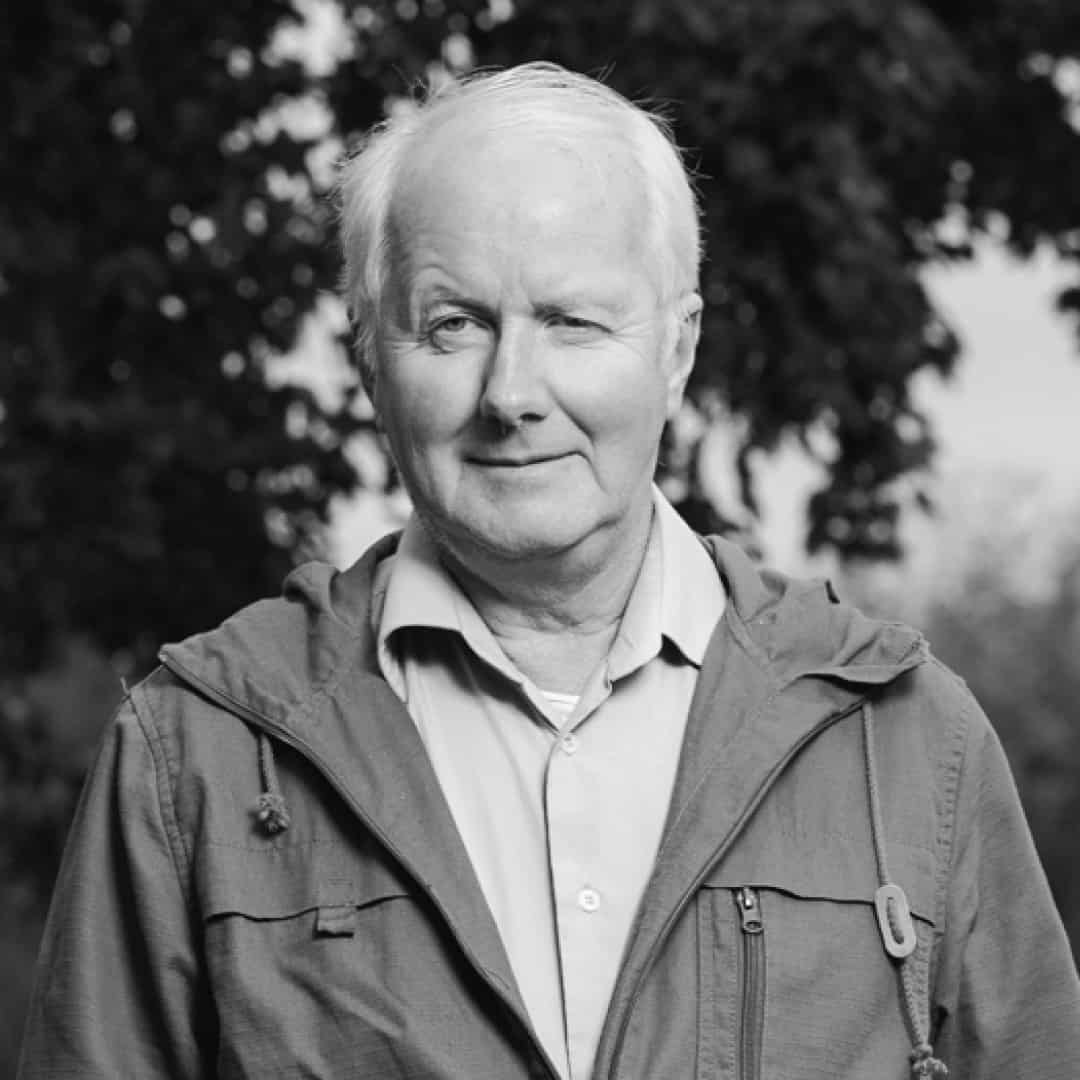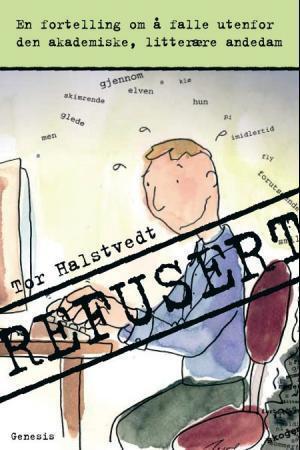
TOR HALSTVEDT, WRITER


TOR HALSTVEDT, WRITER
When I first got published back in 1981, things were different than they are now. I published my first two books with Norway’s biggest publisher. Back then, if you’d published two novels with the same publisher and they did ok, you had a publisher, you were one of their writers. Then, the chief editor died. I liked him. He was a good man, and then new people came in and I got rejected by my own house. So they rejected my third novel for no apparent reason.
It affected me immensely. I was choking. They were strangling me, taking away my voice. I have a history of childhood abuse, it’s no secret, I’ve written books about it. This betrayal made all kinds of shit come up, it affected my nervous system. I went into a black hole. I knew I had to work through it, but I was also really angry.
So I sent my manuscripts to other publishers, I didn’t give up. I published some more books in the nineties, but I was pissed off with the publishers and the way it was going. So I published a book about being rejected and not fitting in. When “Rejected” was published in 2002 I’d already been rejected 250 times in my career.
People say I write well so I have two leading theories about why I keep getting rejected. I’d been an active profile in the far left movement in the seventies (Marxist Leninists) and in 1981 I broke with them, criticizing their support of the Khmer Rouge in Cambodia. Doing that publicly gave me all sorts of problems since the far left was strongly represented in the arts world. Secondly, I was writing working class literature and the perception of the workers had changed. Nowadays, selfie literature rules the roost. Now, not even a working class newspaper like “Klassekampen” (Class war) writes about workers anymore.
Anyway I’ve kept on writing, and I’ve been published with different publishing houses and I’ve also published some myself. This year I’m celebrating an anniversary – I’m publishing my twentieth book.
Tor Halstvedt (b.1948) has worked as a farmhand, a metal worker and the postal services. On top of this he has found the time to publish nineteen books and receive 300 rejections before he stopped counting.
Interview by Terje Floberg